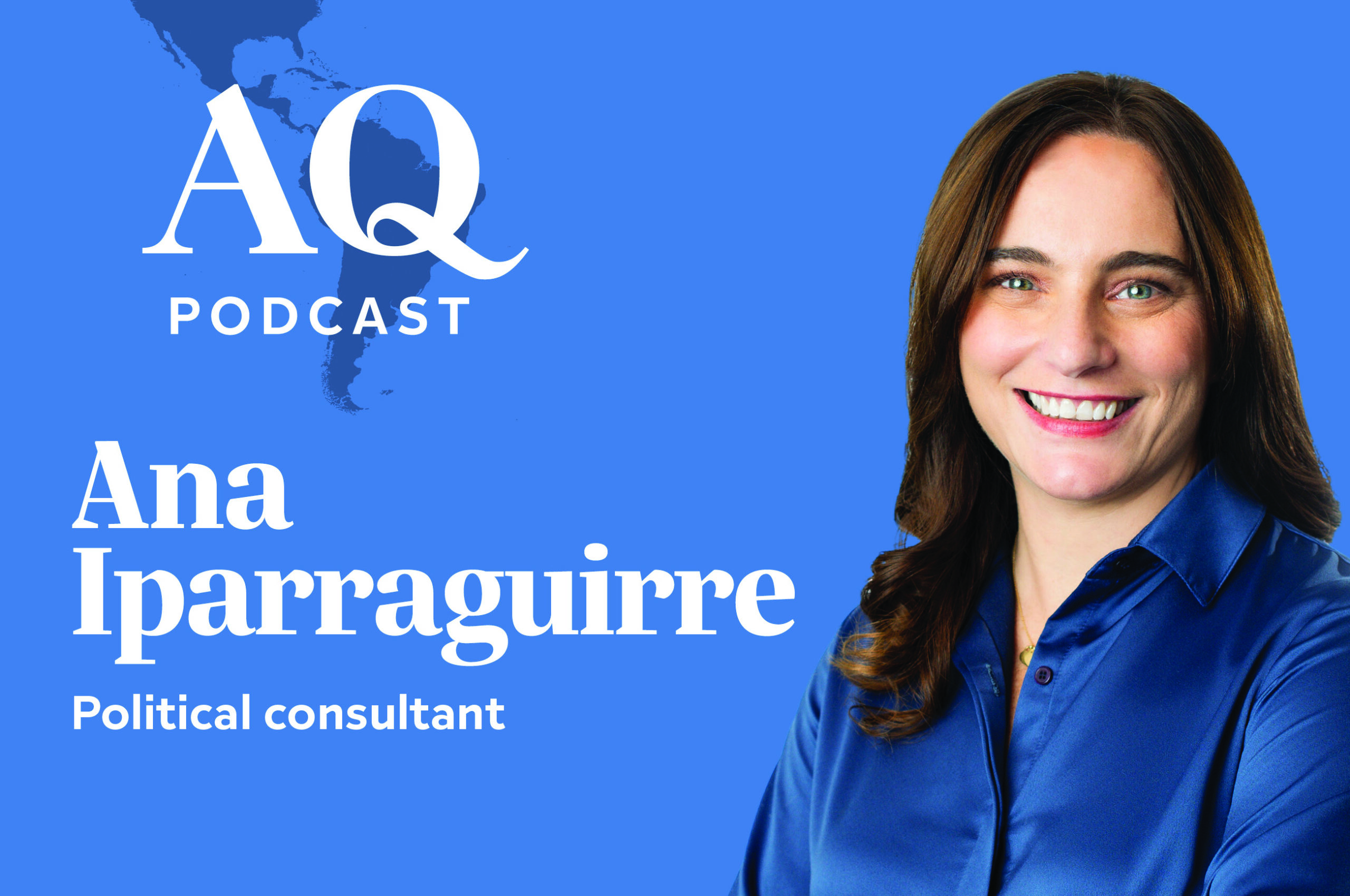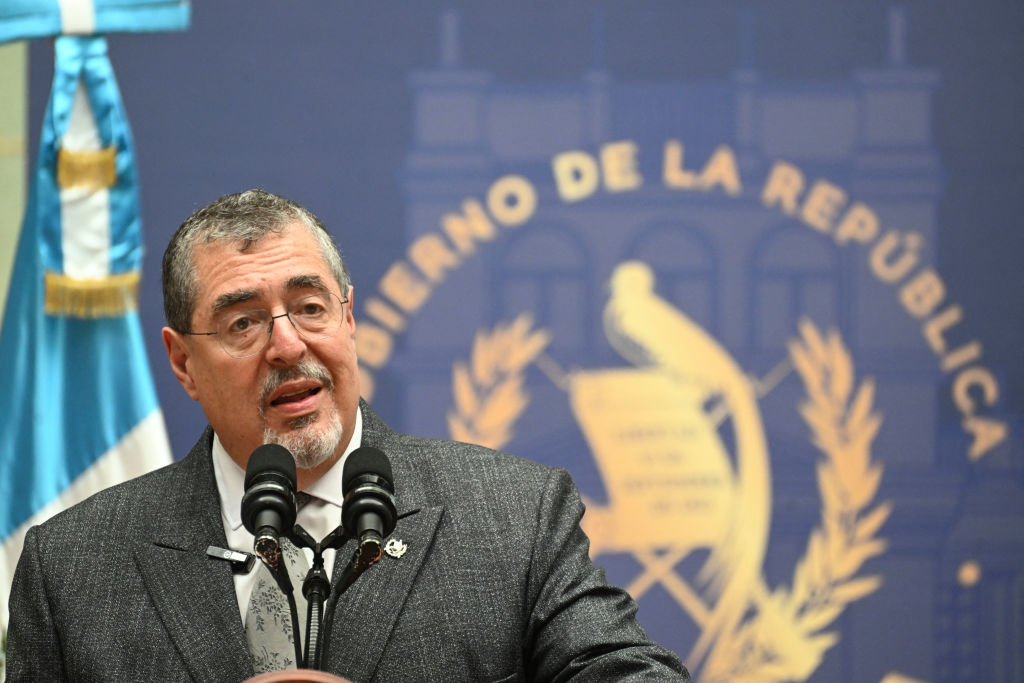Sudden Possibility of a Chávez Exit Underlines Venezuela's Institutional Weakness
Sudden Possibility of a Chávez Exit Underlines Venezuela's Institutional Weakness
AS/COA’s Christopher Sabatini comments on President Hugo Chávez’s legacy after the Venezuelan leader appointed Vice President Nicolas Maduro as his successor.
Venezuelan President Hugo Chávez flew to Cuba on Monday for his fourth cancer surgery after announcing over the weekend that he had designated his vice president, Nicolas Maduro, as his desired political successor.
The announcement marked the first time Chávez, who has publicly battled the disease for more than a year, has suggested that his health could keep him from continuing in office.
“Venezuela will never be the same again,” Christopher Sabatini, senior director of policy at the Americas Society and Council of the Americas and editor of Americas Quarterly, told Trend Lines. “There is no going back. The Chávez era may be coming to a close, but the historical imprint that Chávez has had on Venezuelan history is certainly not.”
“Whether you like it or not,” said Sabatini, Chávez has forever changed Venezuelan politics. And he will continue to shape the country, particularly since many will perceive him as a martyr should he succumb abruptly to the disease.
But while he may exit an icon, he would not leave behind a strong institutional legacy. “He was an institution-breaker not an institution-maker,” Sabatini said.
After concealing what kind of cancer he is fighting and proclaiming himself cured on two separate occasions, Chávez is being candid with Venezuelan citizens for the first time, said Sabatini, making it clear that “the end is near.” The president “has never been this gloomy,” nor has he “laid this kind of groundwork” for his departure, Sabatini added.
For Sabatini, the fact that Chávez could run for election in October only to step down before his January inauguration reveals deep flaws in the Venezuelan political system....







